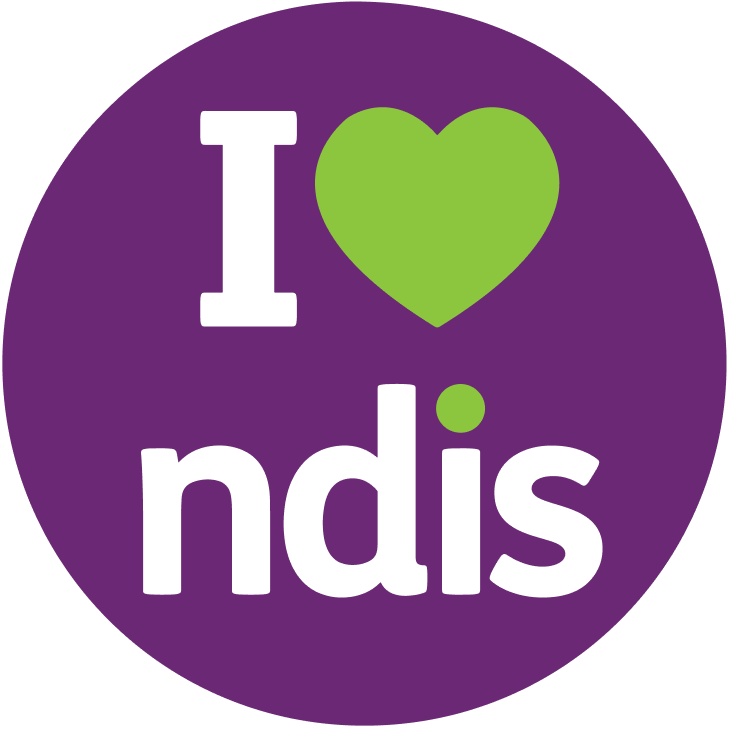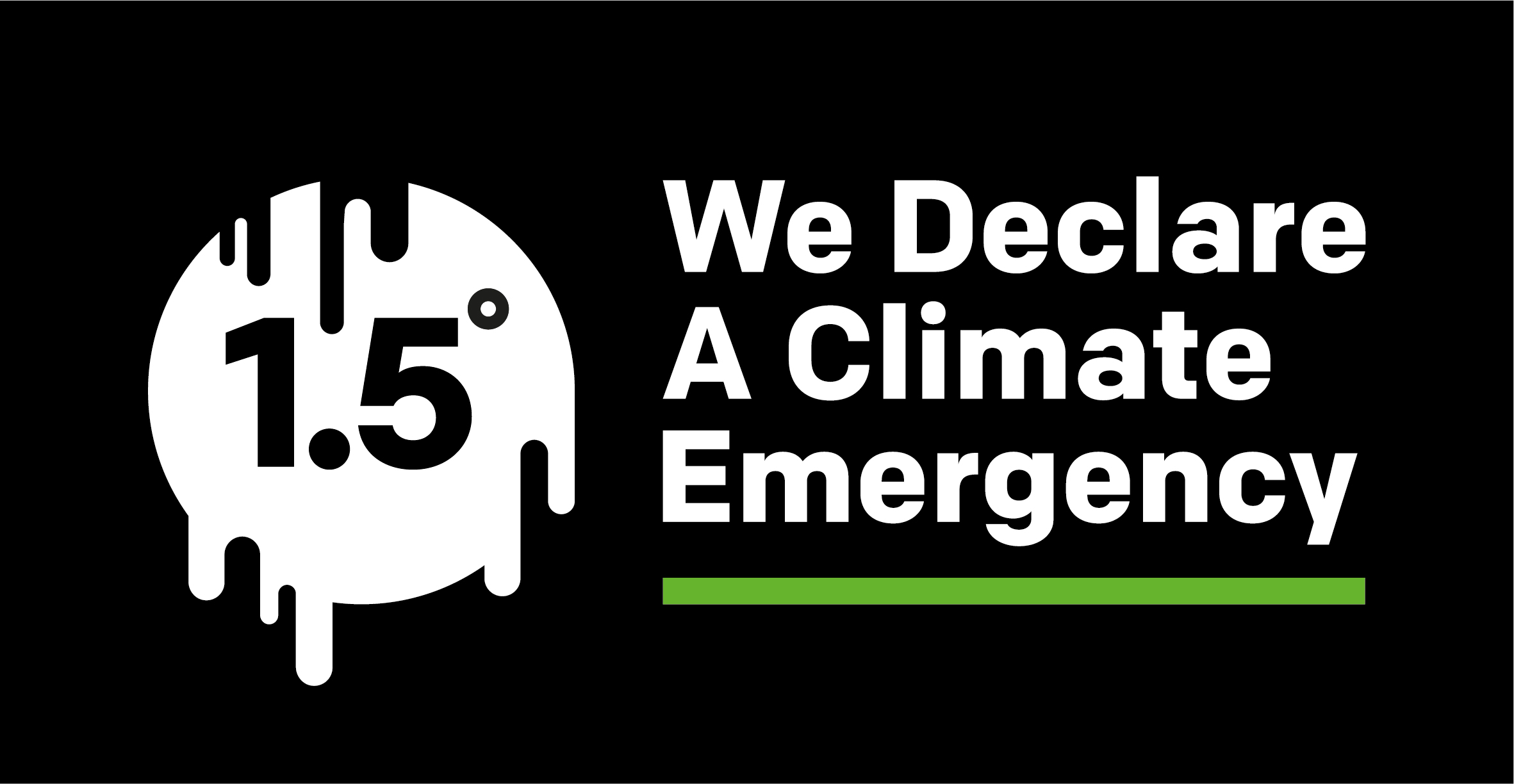AHA Self-Care and Burnout Prevention

Why is self-care important?
Working within the allied health industry can be very fulfilling and rewarding, especially when you are able to contribute to your clients’ independence, achievement of their therapy goals and improvement in their quality of life. This is what draws so many of us into this industry.
However, on the flip side, the nature of our roles is often compassion-heavy and can be taxing on your emotional and physical wellbeing. Burnout and compassion fatigue can be serious consequences of workplace stress. Hence, it is very important for us to understand how to take care of ourselves, both emotionally and physically, so that we can achieve a good work-life balance.
Self-care Tips
- Debriefing with your AHP after complex or emotional sessions
- Seeking regular check-ins with your AHP to discuss any worries or concerns
- Contacting the Fora team if you are unable to get answers you need from your AHP
- Connecting to a group of like-minded AHAs to avoid feeling isolated
- Making sure that work is not the #1 priority in your life
- Looking after your physical health by eating well and exercising regularly
- Having activities and hobbies that you look forward to, such as sport, gardening, time with family
- Considering other self-care strategies such as meditation and mindfulness.
- Mindful Breathing (Guided Exercise) – approximately 7 minutes https://soundcloud.com/palliativecareaustralia/self-care-matters-mindful-breathing-guided-exercise
- Mindful Body Scan (Guided Relaxation) – approximately 15 minutes https://soundcloud.com/palliativecareaustralia/self-care-matters-body-scan-guided-relaxation
- Mindful Self-compassion for self-care (Guided Meditation) – approx. 24mins https://soundcloud.com/palliativecareaustralia/self-care-matters-self-compassion-for-self-care-guided-meditation
What is burnout?
It can be difficult to detect occupational burnout when experiencing it for the first few times. So it is important for us to understand what burnout is in order to identify it promptly and make the necessary changes to feel better.
Helpguide.org describes burnout as a state of emotional, physical, and mental exhaustion that is caused by excessive and prolonged stress. This can occur when you feel overwhelmed, emotionally drained, and unable to meet constant demands. As the stress continues, you will begin to lose interest and motivation. This can spill over into every area of life—including your home, work, and social life. Burnout can also cause long-term changes to your body that make you vulnerable to illnesses like colds and flu. Because of its many serious consequences, it is important to deal with burnout right away.
To read more about burnout, head to https://www.helpguide.org/articles/stress/burnout-prevention-and-recovery.htm
Burnout prevention tips
In addition to the self-care tips above, these tips can help with preventing occupational burnouts.
- Reprioritize: Stop what you’re doing and make a list of your work demands. Organize them in order of priority and estimate the number of hours each takes per week.
- Examples of high priority tasks:
- Session notes
- Regular check-ins with your AHP
- Booking in clients’ appointments
- Responding to text/emails from clients about changes/cancellations in appointment times
- Examples of lower priority tasks:
- Resource making
- Matching with potential new clients
- Examples of high priority tasks:
- Seek to refresh your skills: Be open to learning new skills for both efficiency and to be open to new ideas.
- You can seek guidance from your AHP on tips and resources to upskill yourself in areas which you feel less confident in.
- You can also seek advice from your fellow AHAs or the staff at Fora Therapy on ways to improve your efficiency at work.
- Take your break: Take time daily to eat, clear your mind, relax and move your body.
- Have a manageable workload: It is important to make sure you don’t bite more than you can chew. Check out the tips below on how to manage your workload to prevent burnouts.
Workload Management
As tempting as it is to fit as many clients as possible in a day, it is important to manage your workload in order to not burnout and to have a work-life balance.
Some tips on managing your workload include:
- Scheduling clients who live close by together
- Ensuring you have enough time in your workday to travel between clients (accounting for traffic and late session finishes) and for note-writing
- Booking no more than 2 back-to-back sessions
- Keeping to your maximum number of clients per day and not going over this number.
- As a guide, most Fora AHAs see a max of 3 clients a day
- Remember to take 2 rest days a week.
- Reducing work hours if you are on student placement.
Nicolette
Fora's Speech Pathology team





